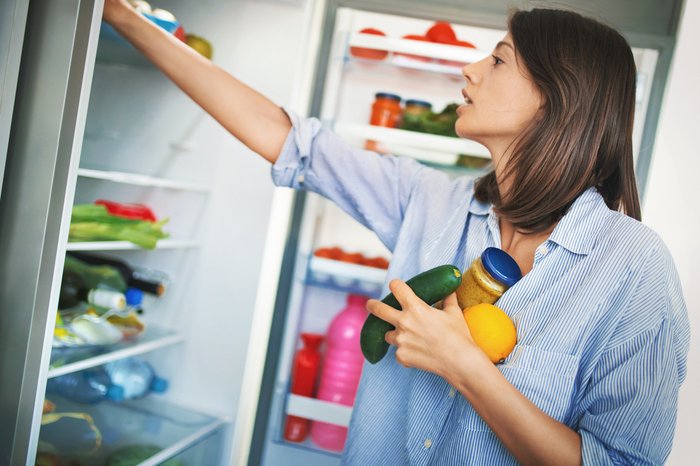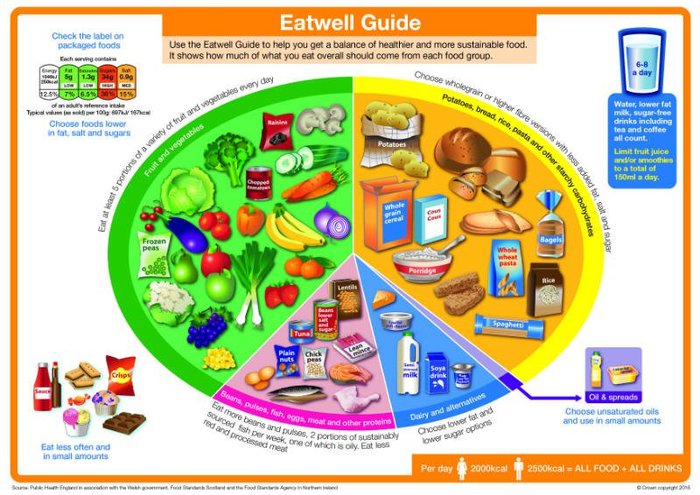Maintaining a healthy weight in CKD stage 1-5 (pre-dialysis)
Chronic kidney disease's progression is closely linked to hypertension (high blood pressure), uncontrolled diabetes and being overweight.
- Blood pressure often increases with weight gain and being a healthy weight can be an effective way to gain better blood pressure control.
- Good control also reduces the risk of cardiovascular disease and helps slow the progression of kidney disease.
- If you have diabetes, being a healthy weight may help manage your condition, which may also help slow the progression of your kidney disease.
Maintaining a healthy weight on dialysis
Being a healthy weight on dialysis may help reduce high blood pressure, support you with healthy blood sugar control if you have diabetes and help reduce the risk of other health complications.
Being assessed for a transplant
When you are being assessed for a transplant, your team needs to be sure you can withstand major surgery and recover safely. They will also need easy access to where the transplant will be positioned in your body.
If your team considers it is unsafe for you to undergo transplant surgery, or that your weight might hinder recovery, they may decide not to list you until you have reached a healthy weight.
Being a healthy weight reduces the risk of cardiovascular, metabolic and surgical complications and helps you have a successful transplant.

Maintaining a healthy weight post-transplant
There is a higher chance of developing post-transplant diabetes if you are overweight. Uncontrolled diabetes increases the risk of infections and graft (transplanted kidney) failure. Achieving a healthy weight to control diabetes is crucial in maintaining a healthy transplanted kidney.
What causes weight gain in people living with CKD?
If you are living with CKD, there are many reasons why you might gain weight:
If you are receiving dialysis:
- Limited food choice: it can be difficult to follow your kidney dietitian's advice, especially if you have other conditions that require you to modify your diet and fluid intake. This can lead to less healthy food choices, which can cause weight gain.
- Limiting fruit and vegetables in your diet: your kidney dietitian may have advised limiting fruit and vegetables high in potassium. But it is important to remember this doesn't mean cutting fruit and vegetables out of your diet completely. It usually means swapping high-potassium fruit and vegetables for low-potassium alternatives. High-fibre foods, including fruit and vegetables, are not only healthy, they also keep you feeling fuller for longer, which can help when trying to lose weight.
- Fluid restriction: drinking plenty of water contributes to making you feel full. Water also satisfies your thirst – a feeling that WEIGHT MATTERS can sometimes be confused with hunger. So, if you are advised to limit your amount of fluid, this may cause you to eat more, leading to weight gain.
- Limited physical activity: anaemia is commonly experienced by people living with CKD. Anaemia can cause tiredness and fatigue, which impacts your ability to do physical activity or exercise.
- Peritoneal dialysis: if you are having peritoneal dialysis (PD) you will be absorbing additional calories present in the dialysate (dialysis fluid), which may also contribute to weight gain.
If you have received a kidney transplant:
- Medications like steroids, which may be prescribed as part of your post-transplant immune-suppressing therapy, can stimulate your appetite, leading you to eat more and gain weight
- Your diet prior to transplant may have been quite restrictive, which means post-transplant, you can eat a much wider variety of foods, which can lead to over-indulgence on previously restricted foods.
- After receiving your transplant, you are likely to ‘feel well’ again and start to really enjoy food after time on dialysis, which can affect your appetite. Inevitably, some people gain weight as their enjoyment of food returns.

What is a healthy weight?
A healthy weight is defined by body mass index (BMI). You can calculate your BMI using the NHS BMI calculator. If your BMI is above the ‘healthy range’, you may benefit from losing weight.
How do we lose weight?
All foods have an energy value known as a calorie.
Weight loss occurs when you burn more calories than you consume, creating a ‘negative energy balance’, which means your body must burn stored energy (fat) to function.
Being aware of high-calorie foods can be helpful, but counting every single calorie isn’t! Your body needs calories for energy, but it also needs vitamins, minerals, fibre and antioxidants. By considering only calories, you may be excluding foods that contribute to health.
It is important you create a deficit in your calorie intake by focusing on eating a healthy diet; one you can sustain long term, rather than just restricting calories. To achieve sustainable, safe weight loss, aim to lose no more than 1 to 2 pounds (0.5 to 1 kilogram) per week.
Eat a healthy, balanced diet: Losing weight safely is more about making healthier food choices than counting calories. The 100kcal contained in an apple are far more nutritious than the 100kcal contained in two sweet biscuits. This is because an apple contains valuable fibre, vitamins and other nutrients beneficial for health, whereas biscuits contain high amounts of added sugar and fat, which are not. It is therefore better to focus on healthy eating, rather than calorie counting. This is not to say you can’t indulge in the odd sweet food from time to time, but have small amounts and less often. For healthy snack ideas, go to www.kidneycareuk.org/kidneyfriendly-snacks
Increase your exercise: Exercise will not cause significant weight loss, but it does help keep the weight off as it becomes part of a weekly routine. Exercise will also benefit your physical and mental health.
What does a healthy diet look like?

We need only look at the Mediterranean diet or the NHS Eatwell Guide, to see what a healthy, balanced diet for everyone, including people living with CKD, looks like.
Both the Mediterranean diet and Eatwell Guide include plenty of high-fibre, plant-based foods such as fruits, vegetables, beans, pulses and wholegrain, starchy foods.
Enjoying a balance of food groups (eaten over the course of a day or a week – not at every meal!) will help support you through CKD.